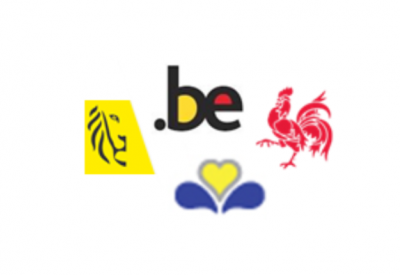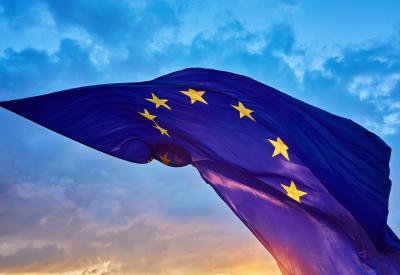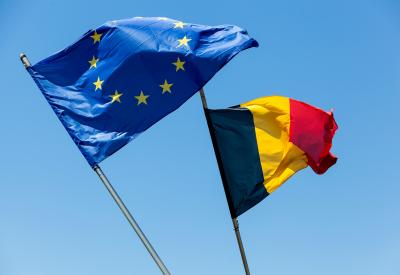The European Commission intends to make electronic invoicing the most widespread method of invoicing in the EU. Directive 2014/55/EU takes an important step in this direction.
Published on 16 April 2014, Directive 2014/55/EU concerns electronic invoicing in the context of public procurement. It does so in particular by requiring contracting authorities to receive and process electronic invoices in accordance with the European Standard.
The starting point: the fragmentation of electronic invoicing
In this Directive the European Commission’s starting point is the different standards for e-Invoicing already in use in the Member States. What is the problem? These standards are not interoperable. Moreover, Member States that decide to encourage or make electronic invoicing compulsory tend to develop their own technical solutions, based on their national standards. Fragmentation is therefore likely to become even more of a problem.
However, in the context of cross-border public procurement, this situation poses an obstacle to the free movement of goods and services. It is a source of complexity, legal uncertainty and additional operating costs.
The solution: establish a European Standard....
To solve this problem, Europe advocated the establishment of a common European Standard that would have the status of an international standard to:
-
guarantee the semantic interoperability of electronic invoices;
-
improve the legal security of e-Invoicing;
-
encourage the adoption of electronic invoicing in public procurement.
For Member States, contracting authorities and economic operators, the benefits of e-Invoicing are wide-ranging: financial savings, a lower environmental impact, a reduction in the administrative burden....
... and make e-Invoicing compulsory for contracting authorities
On expiry of the transposition period provided for in this Directive, contracting authorities/entities should be required to receive and process electronic invoices in accordance with the European standard on electronic invoicing and any syntax appearing on the list published by the Commission in the Official Journal of the European Union.
This is what is stated in the text of the directive. In Belgium, the directive was transposed into the law of 7 April 2019, published on 16 April 2019 in the Belgian Gazette. Since that date, contracting authorities are therefore obliged to receive and process electronic invoices that meet the European Standard.
This obligation gives a boost to the development of electronic invoicing in the European Union. Indeed, it significantly increases the potential of the e-Invoicing market. And goes a long way towards encouraging IT solution developers to create appropriate solutions and SMEs to take the plunge and adopt e-Invoicing in their organisations.










































